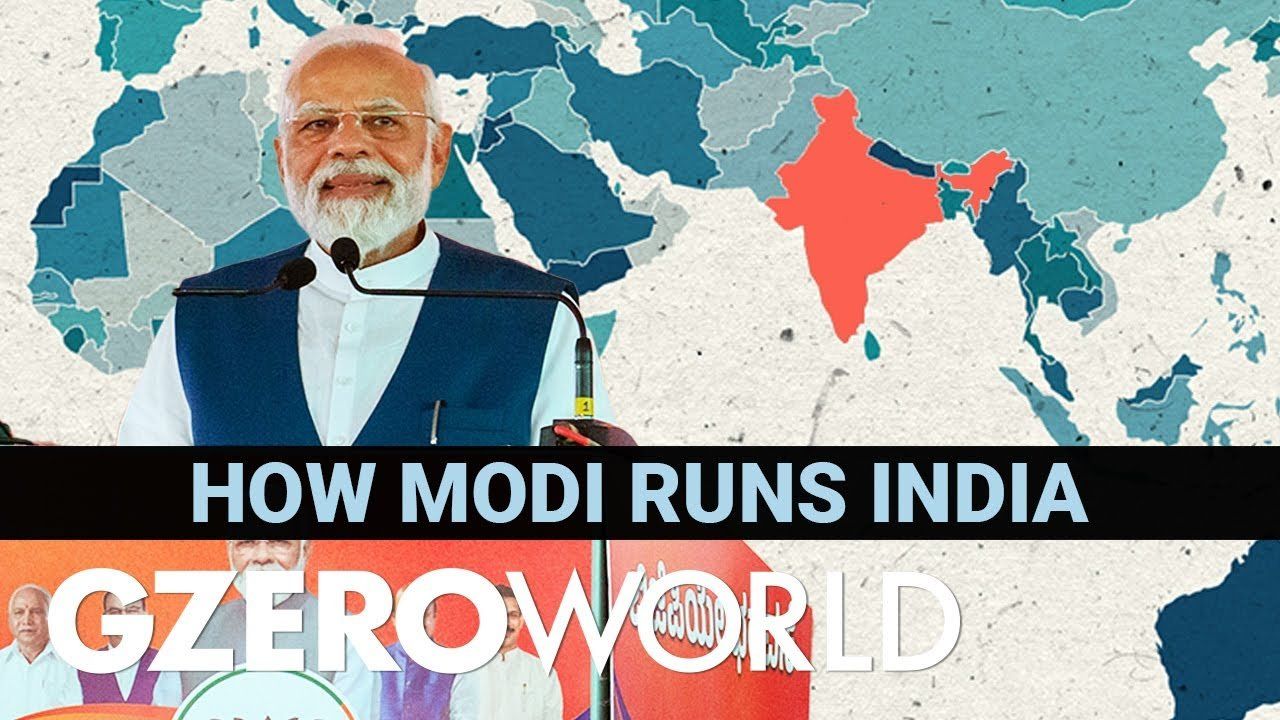GZERO World Clips
What does democracy look like in Modi's India?

What does democracy look in Modi's India? | GZERO World

India's population recently surpassed China's and in the most populous country on earth, nothing is simple. But for the world's largest democracy, democracy isn't so simple, either. India has had its fair share of problems, from the persecution of minority groups, to a clamping down on press freedom, and India's Prime Minister Narendra Modi has faced stiff criticism from the West. But during his recent trip to the White House, President Biden still rolled out the red carpet and welcomed him with open arms. The question remains: What does a Modi led India look like?
Our guest this week is award-winning broadcast journalist and Washington Post columnist Barkha Dutt, who has a message for both DC and Delhi: "For the critics in America, let India battle this out. It'll probably be more productive. Don't be judgy. Talk to us as an equal. For the Modi government, you can't hide from this question. You need to start engaging with it. It's a real question, and you have to engage with the criticism that is brought to your door on this question."
Tune in to “GZERO World with Ian Bremmer” on US public television to watch the full interview. Check local listings.
Are we still talking. #PUPPETREGIME
Think you know what's going on around the world? Here's your chance to prove it.
As expected, the Supreme Court struck down the bulk of Donald Trump's sweeping “Liberation Day” tariffs as illegal … and almost nothing changed.